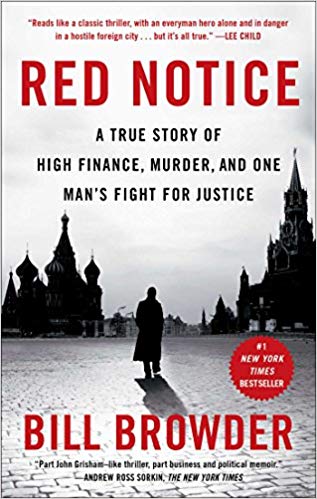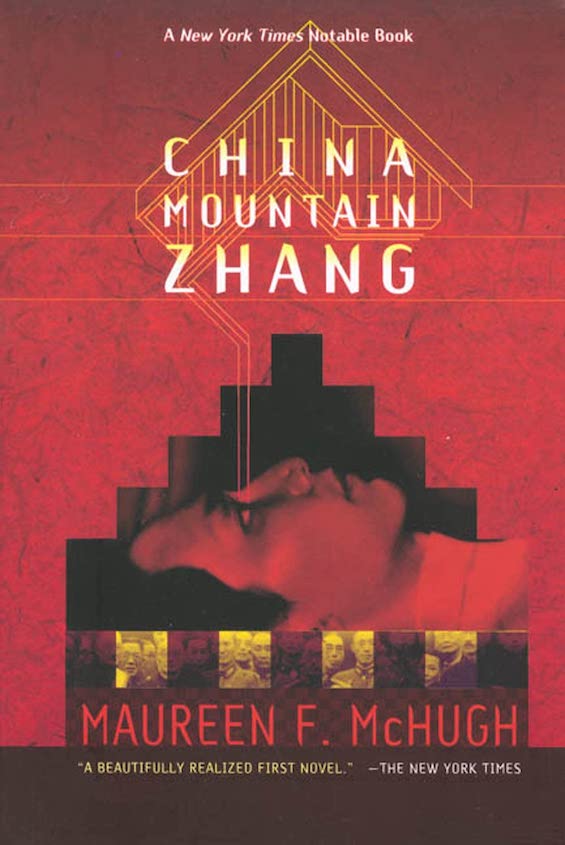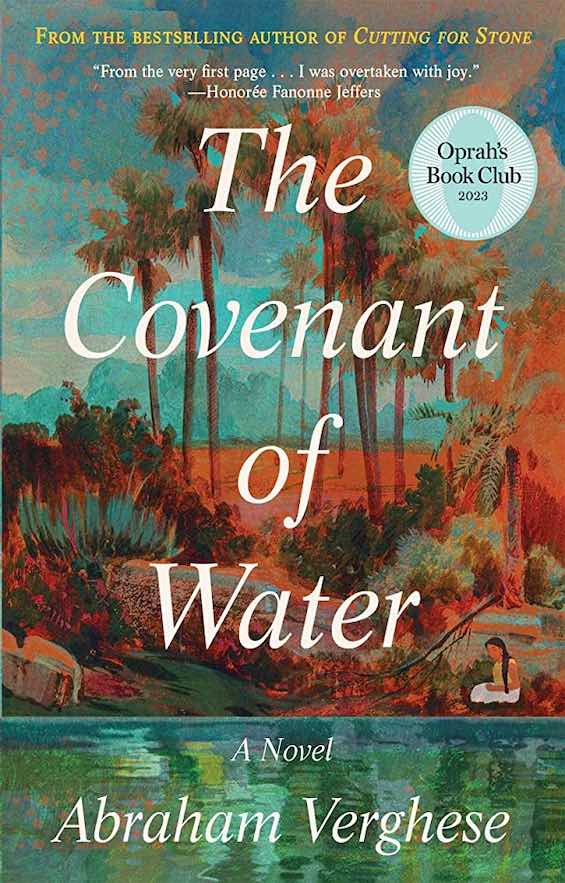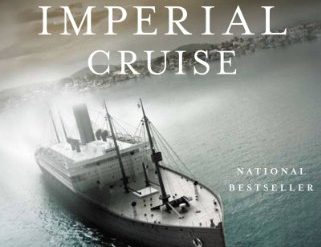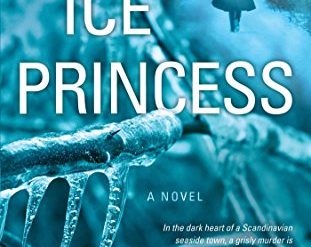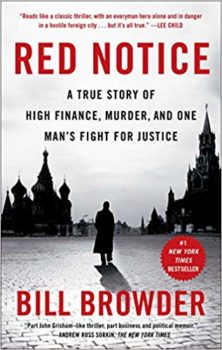
In recent years, Americans have come to view Russia under Vladimir Putin with growing alarm. Phrases like “the new Cold War” and “the return of the Soviet Union” have been cropping up in the press and social media. And recent revelations about Russian hacking of elections in the United States and Western Europe have exacerbated the fears. And that, in large part, is the consequence of the reality that we Americans know precious little about modern Russia and the Russian oligarchy.
Estimated reading time: 10 minutes
To gain perspective on the reality behind the conventional wisdom, I recommend the following eight nonfiction books. You might gain additional perspective from the nine novels listed farther below. Each title is linked to my review, the headline of which appears within parentheses. Within each of the two groups, the books are listed in alphabetical order by the authors’ last names.
This post was updated on December 20, 2023.
9 good nonfiction books about modern Russia and the Russian Oligarchy
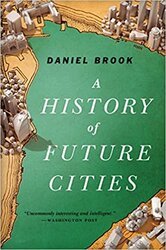
A History of Future Cities by Daniel Brook (Urbanization, globalization and the future of humanity)
“The journey from developing world hinterland to globalizing city has become the defining journey of the twenty-first century,” writes journalist Daniel Brook. In his A History of Future Cities, Brook traces the story of that journey toward urbanization and globalization to 1703 in St. Petersburg, Russia. That was the year when Tsar Peter the Great captured a Swedish fort at the mouth of the Neva River and began building what later became for a time the most advanced city in Europe. Read the review.
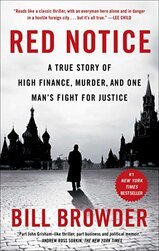
Red Notice: A True Story of High Finance, Murder, and One Man’s Fight for Justice by Bill Browder (A true story of high finance and murder in Putin’s Russia)
Russian-American journalist Masha Geffen’s expose, The Man Without a Face, gave us insight into the rise of Putin himself. Now comes Red Notice, Bill Browder‘s lucid memoir of nearly two decades’ involvement in the Russian financial markets. Through painful personal experience, Bill Browder bore witness to the violence and other criminal behavior that built the great fortunes at the top of Russia’s economic pyramid today. Browder was one of the first and biggest Western investors in Russia after the fall of Communism. His success there turned into a nightmare, which he describes in this book. Read the review.
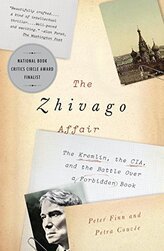
The Zhivago Affair: The Kremlin, the CIA, and the Battle Over a Forbidden Book by Peter Finn and Petra Couvée—How a novel helped speed the collapse of the Soviet Union
Historians squabble about how change has happened over the five thousand years of recorded human events. Is it the influence, whether malign or constructive, of those individuals called Great Men? Is it the material circumstances of society at a given moment in history, as a certain breed of Marxist might argue? Or is it ideas that ultimately explain how change has come about? That debate continues raging today, at a time when ideas are in open conflict on both sides of the Atlantic. Yet that’s nothing new. And never was the clash of ideas more intense than during the early years of the Cold War. Which is the topic at the root of The Zhivago Affair by Peter Finn and Petra Couvée, a fascinating inquiry into the role that ideas may have played in the collapse of the Soviet Union. Read the review.
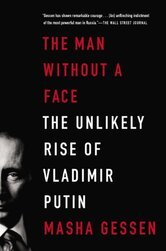
The Man Without a Face: The Unlikely Rise of Vladimir Putin by Masha Gessen (Vladimir Putin, the KGB, and the restoration of Soviet Russia)
You might wonder, as I had, how the democratic path that Russia was on through most of the 1990s had veered so sharply, and so suddenly, rightward toward a brand of authoritarianism reminiscent of the tsars and the commissars. Gessen’s answer lies in the circumstances surrounding the selection of Vladimir Putin as Boris Yeltsin’s successor in 2000 by the circle of intimates known as “The Family” who surrounded the ailing Russian President. Masha Gessen tells the tale in this engrossing book. The Russian-American journalist is an outspoken critic of Vladimir Putin and Donald Trump. Her biography of Putin is unsparing but informed by intimate knowledge of Putin’s Russia. Read the review.
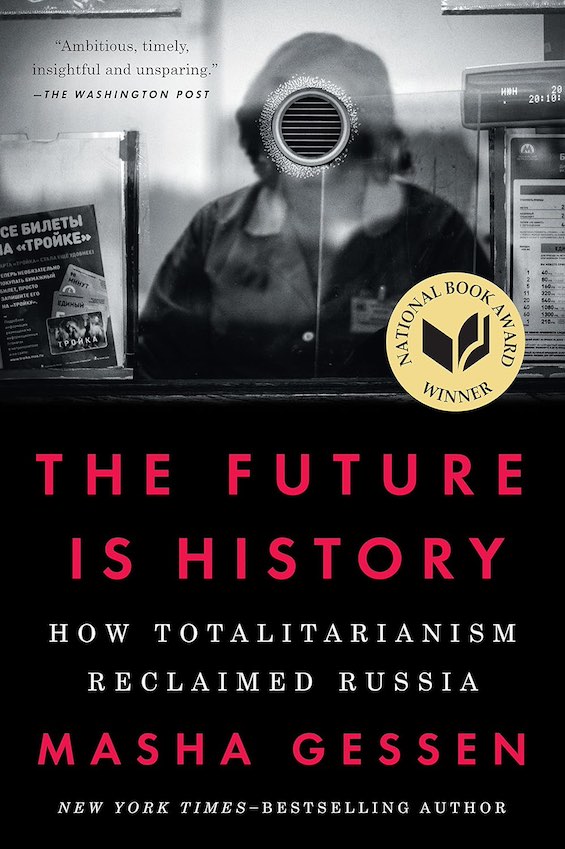
The Future Is History: How Totalitarianism Reclaimed Russia by Masha Gessen—The road to autocracy in Putin’s Russia
In this book’s 500 pages, Masha Gessen traces the roots of Vladimir Putin’s autocratic rule to the legacy left by seventy years of Communism. As Daniel Beer noted in reviewing the book for The Guardian, “The author’s claim that the regime in Russia is ‘totalitarian’ is extravagant, but she has written a fascinating account of the toxic legacy of the Soviet era.” Elsewhere, others have emphasized that Putin is merely Russia’s latest tsar, reflecting centuries of Russian history. Read the review.
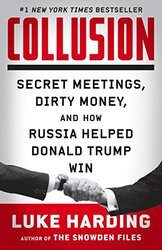
Collusion: Secret Meetings, Dirty Money, and How Russia Helped Donald Trump Win by Luke Harding, and
The Steele Dossier: Trump Intelligence Allegations by Christopher Steele (Collusion exposed, but is there more? Is Donald Trump a Russian agent?)
I reviewed these two books together. (The Steele Dossier is just 34 pages long.) Christopher Steele is the former MI6 officer who reported shocking collusion between Donald Trump’s campaign and the Russian hierarchy. Guardian reporter Luke Harding offers evidence to prove that collusion between Trump and Putin is far more serious than the crimes that led to Watergate. (Robert Mueller and his team concluded they could not prosecute the case for collusion, but the evidence was abundant nonetheless—and obvious to any discerning observer.) Read the review.
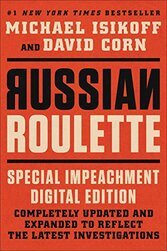
Russian Roulette: The Inside Story of Putin’s War on America and the Election of Donald Trump by Michael Isikoff and David Corn (200 Russian hackers, Vladimir Putin and the 2016 election)
American journalists Michael Isikoff and David Corn explain exactly what steps the Russian government took to destabilize US society and help Donald Trump win the White House. Isikoff and Corn’s book excels in its detailed description of the massive effort mounted by Russian intelligence to deepen the divisions and distrust within American society, destroy Hillary Clinton’s reputation, and help Donald Trump win the presidency. In Russian Roulette, you’ll meet the players central to the massive Russian campaign, including the St. Petersburg-based Internet Research Agency and the two large hacker groups dubbed Cozy Bear and Fancy Bear by US intelligence. At a minimum, two hundred Russians were engaged in the Kremlin-driven effort over at least two years. Only much later was the full extent of this campaign come to the attention of the US public. Read the review.
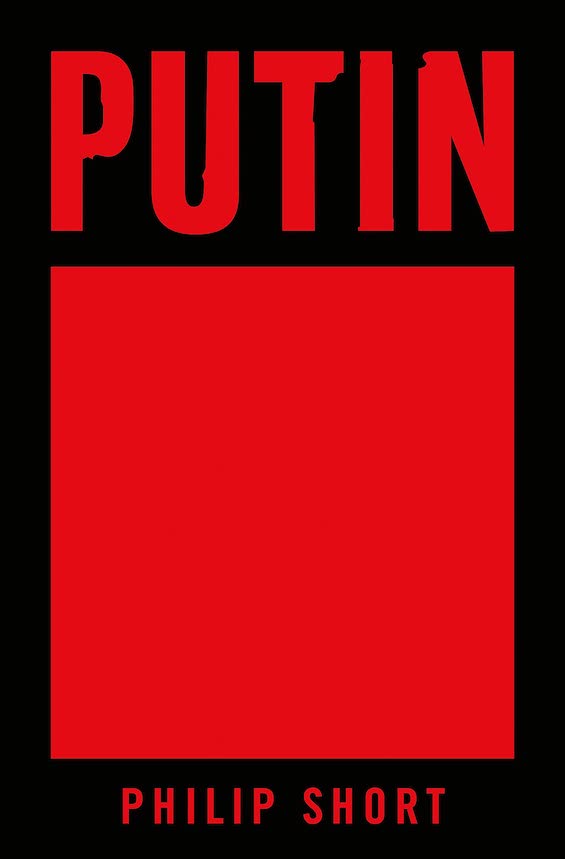
Putin by Philip Short (A revealing new biography of Vladimir Putin)
What do we learn about Vladimir Putin from the news media in the West? He’s a kleptocrat, with a fortune variously estimated at $40 billion or $100 billion. A thug, with a brutal history as a KGB officer. He came to power in 2000 on the strength of a series of FSB operations that cost the lives of hundreds of Russian citizens. And in invading Ukraine in 2022, he has set out on a course to restore the expansive borders of the old Soviet Empire. Yet none of these things are true, as biographer Philip Short makes clear in his nuanced, in-depth account of the Russian President’s life. This newest biography of Vladimir Putin is nothing if not well balanced. Read the review.
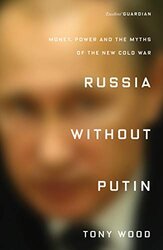
Russia Without Putin: Money, Power, and the Myths of the New Cold War by Tony Wood (Why is the Russian oligarchy hostile to the West?)
British journalist Tony Wood, who writes for Britain’s New Left Review, offers a perspective on Vladimir Putin and the oligarchy surrounding him that is at odds with what is widely believed—and, for the most part, he’s convincing. Putin’s policies represent a continuation of Yeltsin’s, he writes, not a radical departure from them. “The defining characteristic of the Putin system has been its commitment to defending the capitalist model put in place during the 1990s.” Similarly, the kleptocracy Westerners see in Russia today is nothing new, “nor is it confined to a small clique. . . The cronyism attributed to the Putin years was central to the making of Russian capitalism long before Putin took the stage.” However, “[t]hough nepotism was far from unknown under Soviet rule, its scale never came close to that reached in the Putin era.” Read the review.
9 novels about modern Russia and the Russian oligarchy
The Deceivers (John Wells #12) by Alex Berenson (Russia takes the next step in the latest John Wells spy novel)
Single & Single by John le Carre (Money-laundering and the Russian mob)
Defectors by Joseph Kanon (A superb new novel about defectors in Moscow)
Comrade Koba by Robert Littell (A biography of Joseph Stalin as told by the man himself)
The Kremlin’s Candidate (Red Sparrow Trilogy #3) by Jason Matthews (The gripping conclusion to the Red Sparrow Trilogy)
Moscow X by David McCloskey—A CIA plot to destabilize the Russian government
Sell Us the Rope by Stephen May (When Stalin was a young revolutionary)
Breaking Cover (Liz Carlyle #9) by Stella Rimington (Russian agents under cover in the UK)
Three Stations (Arkady Renko #7) by Martin Cruz Smith (A detective inside Russia under Vladimir Putin)
For related reading
To gain perspective on the decades of Communist rule before the collapse of the Soviet state and the re-emergence of autocracy under Putin, see the novel A Gentleman in Moscow by Amor Towles (Russian history through indirection in “A Gentleman in Moscow”). You might also turn to the excellent series of detective novels set in 1980s Moscow by Stuart M. Kaminsky. I’ve reviewed several, including Red Chameleon (Inspector Porfiry Rostnikov #3) (A Russian police procedural set in the Soviet Union). Modern Russia and the Russian oligarchy have antecedents going back decades if not centuries.
On a much lighter note, check out Make Russia Great Again by Christopher Buckley (Satirizing Donald Trump is a tall order).
And you can always find my most popular reviews, and the most recent ones,, on the Home Page.

